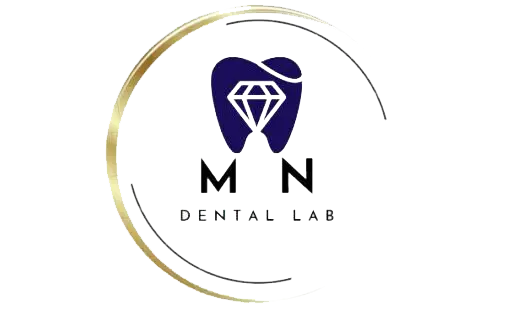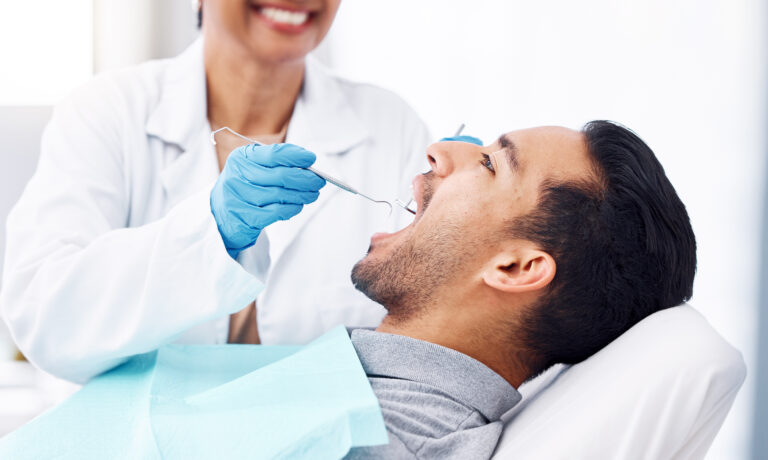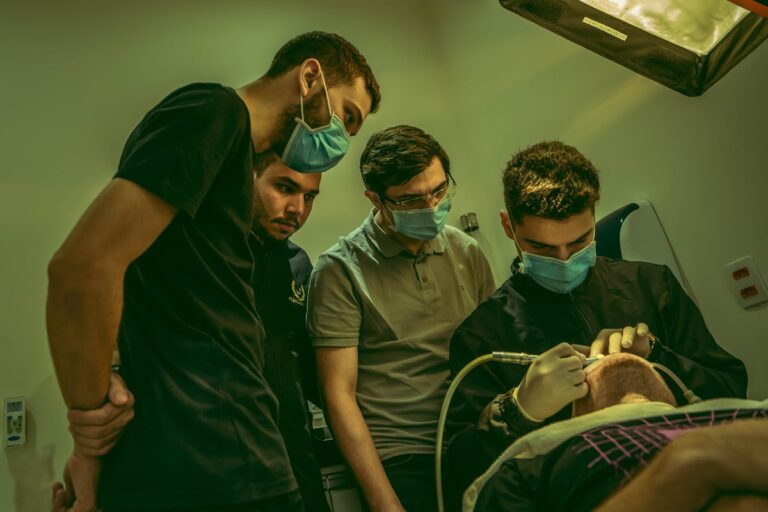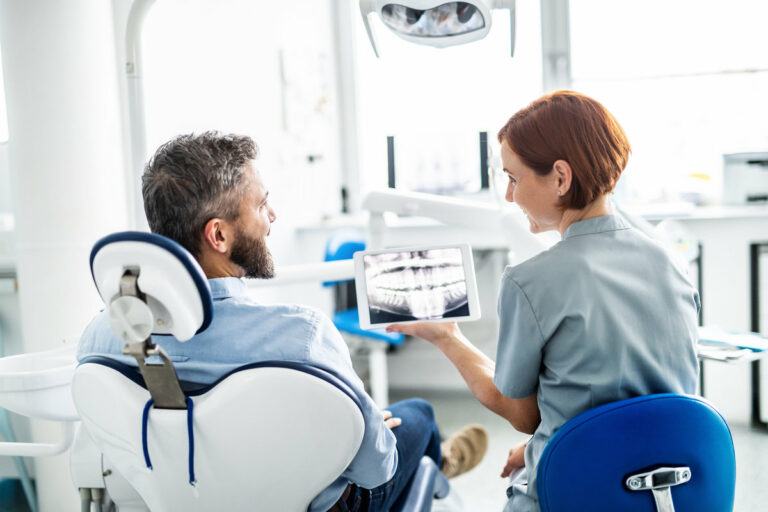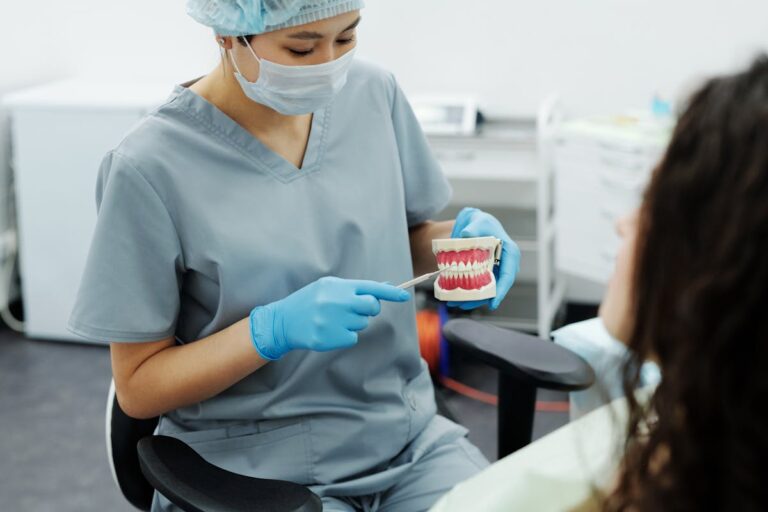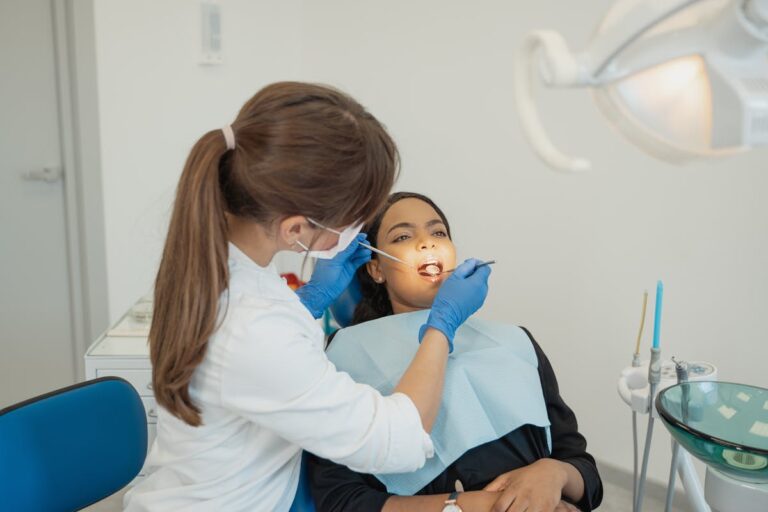During a patient’s initial dental visit in Edison, NJ, they are greeted by a friendly reception team ensuring a seamless check-in experience. Essential paperwork, including medical history and insurance details, is completed before meeting the dentist. The dentist conducts a thorough oral examination, possibly utilizing X-rays, to assess overall dental and gum health. This visit is vital for developing a personalized treatment plan, addressing concerns, and establishing a foundation for future dental care.
Scheduling Your Appointment
When is the ideal time to schedule your dental appointment? Booking with a dentist in Edison can be simple, as dental practices in Edison, NJ offer scheduling flexibility to accommodate various patient needs. It is recommended to book appointments during non-peak hours, such as mid-morning or early afternoon, to minimize wait times. Additionally, selecting a regular day and time for appointments can establish a consistent oral health routine. Dental offices often provide appointment reminders via email, text, or phone to guarantee patients remember their scheduled visits. These reminders are critical for maintaining oral health by preventing missed appointments. Patients can also benefit from practices offering online scheduling, which enhances convenience and accessibility. By understanding scheduling options and utilizing appointment reminders, patients can effectively manage their dental care timelines with minimal disruption to their daily schedules.
Arriving at the Dental Office
How should patients prepare for their arrival at the dental office? To mitigate dental anxiety, patients are advised to arrive at the office with adequate time to acclimate to the office environment. Familiarizing themselves with the surroundings can help ease apprehension. Patients should bring any necessary documentation, including identification and insurance details, to streamline the check-in process. It is prudent to review and complete any pre-appointment paperwork ahead of time, if provided electronically, to further reduce wait times. Patients are encouraged to dress comfortably, as a relaxed state can contribute to reduced anxiety levels. Maintaining a punctual schedule guarantees that patients can experience a smooth and unhurried progression into their dental visit, laying the groundwork for a positive experience.
Meeting the Reception Staff
Upon entering the dental office, patients are greeted by the reception staff, who are trained to guarantee a warm and welcoming environment. The check-in process is designed to be efficient, facilitating a seamless experience by verifying appointment details and guiding patients through necessary protocols. Personal information collection is conducted with sensitivity to privacy, assuring compliance with health regulations while gathering essential data for ideal patient care.
Warm Welcome Experience
A patient’s initial interaction with the dental practice often begins at the reception desk, where a warm welcome from the reception staff sets the tone for the visit. The reception team in Edison, NJ, is trained to create a friendly atmosphere, ensuring patient comfort from the outset. Their approach involves attentive listening and clear communication, which are paramount in addressing any initial concerns. By maintaining a professional demeanor combined with genuine empathy, they foster a positive environment that alleviates anxiety. The staff’s proficiency in managing inquiries effectively contributes to a seamless experience, reinforcing the practice’s commitment to quality care. Such interactions are integral in establishing trust, paving the way for a successful dental visit and forming the foundation of a lasting patient-practice relationship.
Check-in Process Overview
The check-in process at the dental practice in Edison, NJ, is meticulously designed to enhance patient experience from the moment they step through the door. Upon arrival, patients are greeted by the reception staff, who guarantee a seamless check-in procedure. The reception team begins by verifying appointment details to confirm the scheduled time and date, fostering an organized and efficient visit. This appointment confirmation step is essential as it aligns the patient’s expectations with the clinic’s schedule, minimizing any potential discrepancies. By maintaining a structured check-in, the practice emphasizes professionalism and patient care. The reception staff’s role in this process is pivotal, as they establish a welcoming atmosphere, setting the tone for the entire dental visit.
Personal Information Collection
Collecting personal information is a vital step in the dental visit process. Upon arrival, patients are greeted by the reception staff, who initiate the essential task of gathering personal details. This includes verifying contact information, insurance specifics, and emergency contact information. A detailed health history is also important, as it informs the dental team of any allergies, medications, or pre-existing conditions that might affect treatment.
The information collected guarantees a personalized approach to dental care, enhancing safety and effectiveness. Patients are encouraged to provide accurate personal details and updates to health history, facilitating seamless communication and ideal care delivery. This thorough collection process underscores the importance of a tailored dental experience, allowing the dental team to address individual needs efficiently and safely.
Completing Necessary Paperwork
Before the initial dental examination can proceed, patients are required to complete a series of necessary forms that facilitate an efficient and effective visit. This paperwork includes insurance verification, ensuring that the patient’s coverage is understood and that billing can be processed smoothly. Accurate insurance information is critical to avoid unexpected costs. Additionally, patients must provide a detailed medical history, which is important for evaluating any underlying health conditions that could impact dental treatment. This thorough medical overview allows the dental team to tailor their approach to the individual’s specific health needs, ensuring a safe and personalized care experience. The completion of these documents is essential to streamline communication between the patient and dental professionals, ultimately enhancing the overall quality of care.
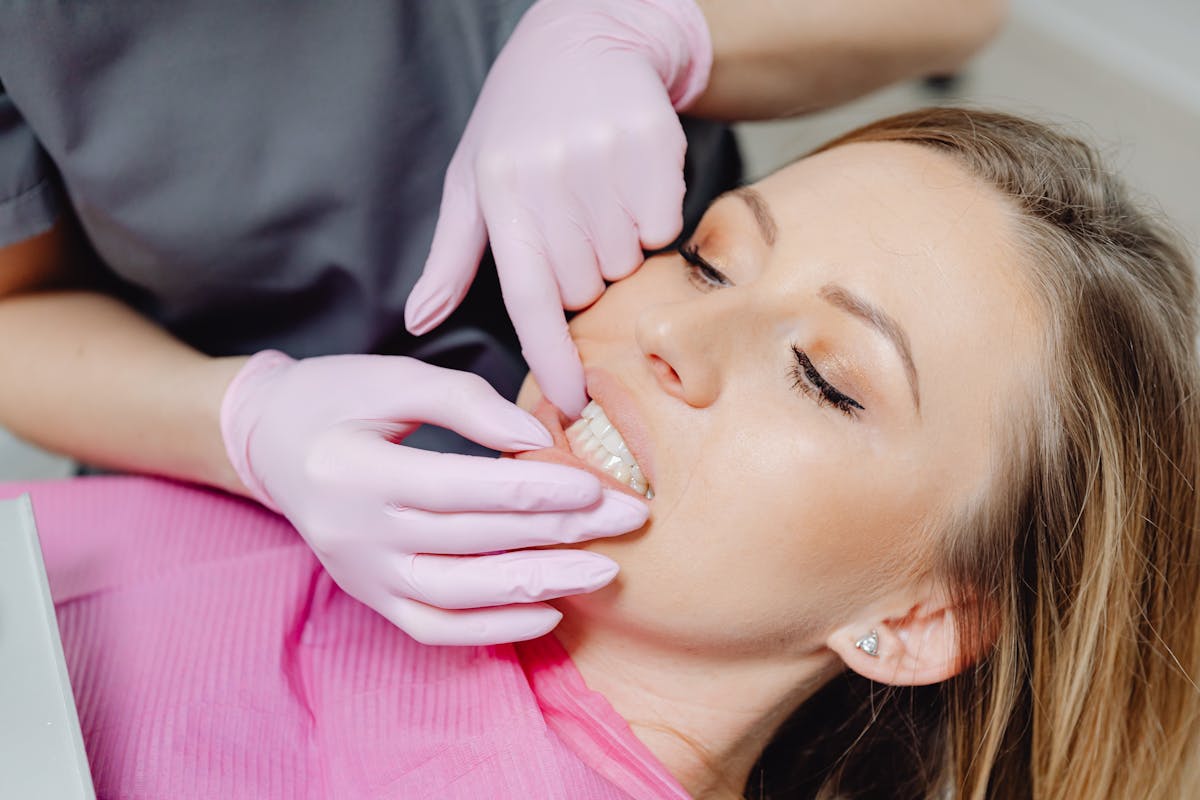
Initial Consultation With the Dentist
An initial consultation with the dentist serves as a foundational step in establishing a thorough oral health plan. This critical phase allows the dentist to gather extensive information regarding the patient’s dental history, current concerns, and lifestyle habits. The dentist expectations during this meeting are to engage in a detailed dialogue with the patient, addressing specific questions and clarifying any uncertainties. The consultation importance cannot be overstated; it sets the stage for a personalized treatment approach tailored to the individual’s unique needs. Through careful assessment and open communication, the dental professional guarantees that both parties have a clear understanding of the oral health priorities and objectives. This collaborative approach fosters trust and enhances the effectiveness of subsequent dental care interventions.
Dental Examination Process
During the dental examination process, the dentist conducts a thorough initial oral assessment to evaluate the overall condition of the patient’s teeth and oral tissues. Diagnostic X-rays are employed to provide a detailed view of areas not visible to the naked eye, aiding in the identification of potential issues such as cavities or bone loss. Additionally, the evaluation of gum health is essential to detect signs of periodontal disease, ensuring an inclusive approach to oral health care.
Initial Oral Assessment
Although patients may feel apprehensive about their first dental visit, the initial oral evaluation is an essential component of preventive care that sets the foundation for their oral health journey. During this initial evaluation, the dentist conducts a thorough examination of the patient’s oral cavity, carefully evaluating the condition of teeth, gums, and surrounding soft tissues. This detailed examination aids in identifying any existing issues and establishing a baseline for future reference. Emphasizing oral hygiene, the dentist reviews the patient’s current hygiene practices and provides guidance tailored to their specific needs. By addressing potential concerns early, the initial oral assessment plays a pivotal role in maintaining ideal oral health, ultimately contributing to the prevention of dental diseases and the promotion of a healthy smile.
Diagnostic X-rays Overview
While the initial oral assessment provides a thorough view of the visible aspects of oral health, diagnostic X-rays serve as an essential tool for examining areas not visible to the naked eye. Different x ray types, such as bitewing, periapical, and panoramic, are employed to detect cavities, bone loss, and other underlying issues. Bitewing X-rays focus on the crowns of the teeth and can reveal decay between teeth. Periapical X-rays provide a detailed view from the crown to the root, identifying abscesses or bone changes. Panoramic X-rays capture the entire mouth structure, offering insight into tooth positioning and jaw disorders. The imaging benefits extend to early detection and prevention, allowing for a thorough evaluation and tailored treatment plan.
Gum Health Evaluation
Thorough analysis of oral health extends beyond what X-rays can reveal, necessitating a detailed gum health evaluation as part of the dental examination process. During this assessment, the dentist or dental hygienist measures gum pocket depths using a specialized probe to identify early signs of periodontal issues. This procedure is essential for gum disease prevention and maintaining healthy gums.
The dental professional will also examine the color, texture, and overall condition of the gingival tissue, looking for symptoms such as swelling, bleeding, or recession. Identifying these signs early can prevent the progression of gum disease, which can lead to more severe oral health complications. Providing tailored oral hygiene recommendations, the dentist empowers patients to actively participate in achieving peak gum health.
X-Rays and Imaging
In the domain of modern dentistry, X-rays and imaging are indispensable tools that provide critical insights into a patient’s oral health. These diagnostic methods offer detailed views of structures not visible during a standard examination, such as bone loss, cavities, and impacted teeth. The x-ray benefits extend to early detection of potential issues, allowing for timely intervention and treatment. Utilizing advanced imaging technology, dental professionals in Edison, NJ, can accurately assess the condition of teeth, jaw, and surrounding tissues, ensuring thorough care. This non-invasive procedure is typically quick, painless, and safe, with minimal exposure to radiation. Patients can expect their dentist to explain the process and findings, ensuring they are well-informed about their oral health status and any necessary follow-up actions.
Discussing Treatment Plans
Following the thorough evaluation facilitated by X-rays and imaging, the next critical step in a patient’s dental care journey involves discussing treatment plans. This phase is pivotal as it aligns clinical findings with tailored treatment options. The dental professional presents a detailed overview of potential treatments, considering the patient’s oral health status and individual needs. During this consultation, patient preferences are paramount; the dentist guarantees that patients are well-informed about the benefits, risks, and expected outcomes of each option. Clear communication is emphasized to facilitate informed decision-making. Collaborative planning seeks to empower patients, fostering an understanding and agreement on the best course of action. This personalized approach guarantees that the treatment plan not only addresses clinical needs but also aligns with the patient’s lifestyle and expectations.
Scheduling Follow-Up Visits
After the treatment plan has been agreed upon, scheduling follow-up visits becomes an essential component of ensuring successful dental care. Adhering to a systematic follow up scheduling protocol allows patients to receive timely evaluations and necessary adjustments to their treatment. Dental practices in Edison, NJ, employ advanced scheduling systems to streamline this process, reducing the risk of missed appointments and enhancing patient compliance. Patients should expect to receive personalized treatment reminders via their preferred communication method, whether it be email, text, or phone call. These reminders play a critical role in maintaining the continuity of care and optimizing oral health outcomes. Efficiently managed follow-up visits contribute not only to the success of the treatment plan but also to the patient’s overall dental well-being.
Frequently Asked Questions
What Should I Wear to My Dental Appointment?
When attending a dental appointment, one should consider appropriate attire that guarantees ease of movement and comfort. Opting for comfortable shoes is advisable, as it reduces discomfort during prolonged periods of sitting or walking within the dental facility.
How Long Will My First Dental Visit Last?
The initial dental visit typically lasts about 60 to 90 minutes. Patients should align their duration expectations accordingly and focus on appointment preparation to guarantee all health history and insurance information are accurately communicated to the dental team.
Can I Eat Before My Dental Appointment?
Patients may eat before their dental appointment, but should engage in proper dental hygiene practices, such as brushing and flossing, to guarantee accurate examination results. Appointment preparation includes avoiding heavy meals to prevent discomfort during the visit.
Should I Bring My Previous Dental Records?
Patients should consider bringing their dental history to facilitate seamless record transfer. This enables the dentist to have thorough insight into past treatments, aiding in accurate diagnosis and personalized care. Efficient record management guarantees continuity in dental treatment.
Is It Possible to Choose a Specific Dentist for My Visit?
Patients often wonder about choosing a dentist. Most practices accommodate dentist preferences, allowing new patients to select a specific provider for their visit. It guarantees personalized care aligned with patient comfort and specific dental needs.
